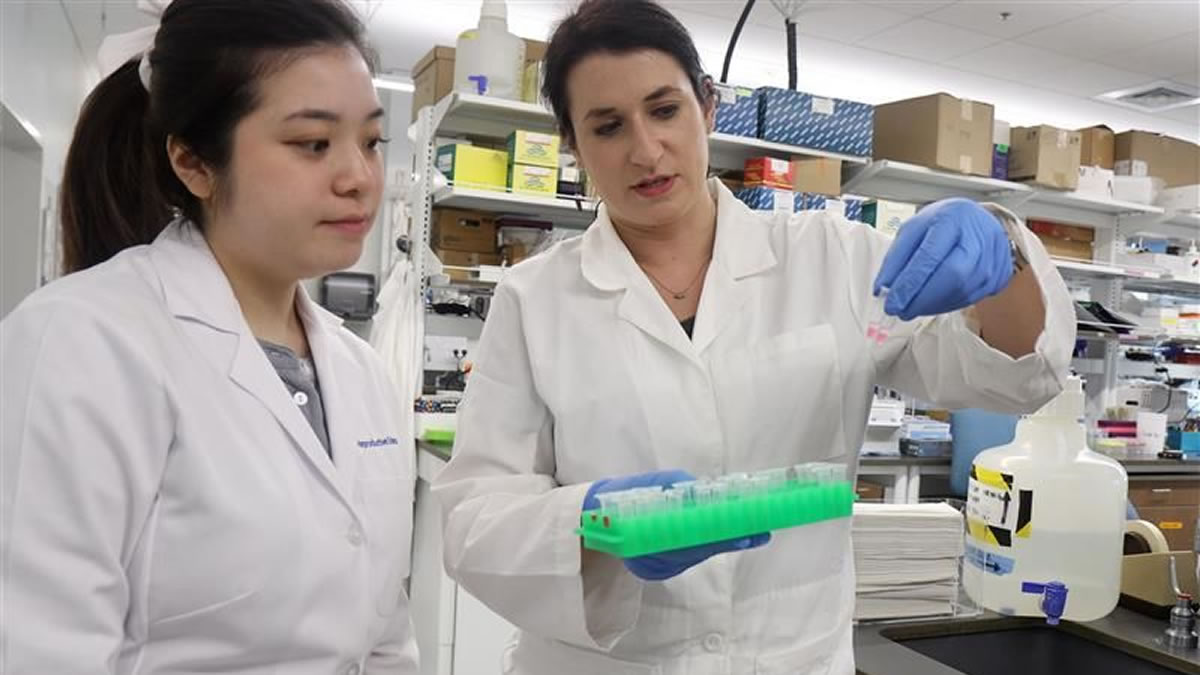Your cart is currently empty!

Flavored Vapes & Pregnancy: Duke Study Warns of Risks
New research from Duke University School of Medicine has uncovered startling risks associated with using flavored e-cigarettes during pregnancy, challenging the widespread perception that vaping is a “safer” alternative to traditional cigarettes. The study, led by Margeaux Marbrey, an assistant professor in the Department of Obstetrics and Gynecology, highlights potential dangers to fetal development and maternal health from both nicotine-containing and, alarmingly, nicotine-free flavored vapes.
“So many people started using these devices, especially adolescents, and we didn’t know their effect on fertility and future pregnancy. That’s what really drew us in,” Marbrey explained. The investigator led efforts to investigate the effects of vaping during pregnancy in a new study. Using animal models, the research team exposed subjects to e-cigarette vapors during both early pregnancy (around implantation) and mid-pregnancy (when the placenta develops).
The results showed that e-cigarettes containing nicotine had significant negative effects on the growth of the baby and placental development. However, Marbrey said the most shocking findings were tied to e-cigarettes that did not contain nicotine but did contain flavorings. “When we looked at early pregnancy, we found those non-nicotine containing devices could actually promote early miscarriage,” stated Marbrey. “That was extremely fascinating and scary to see that in the absence of nicotine, maybe women think these devices are safer, they’re actually more detrimental to pregnancy and the growth of the fetus.”
Marbrey explained that when the chemical flavorings in e-liquids are burned and inhaled, they can create “really toxic effects” in the body. The lack of consistent regulation and enforcement means that many harmful and untested products remain on store shelves. “You could pick up a vape off the shelf, and it could be different than the one right next to it. That’s really scary,” she warned.
While some studies estimate that 15% of women use e-cigarettes during pregnancy, Marbrey believes the true number is likely higher due to under-disclosure during doctor’s visits. She called for more research on the topic and issued a stark warning to pregnant individuals: “We shouldn’t assume anything is safe. Don’t assume e-cigarettes are safe or to use these instead of cigarettes. I think anything during pregnancy should be questioned. I think we need to lessen any exposure during pregnancy, especially devices like these where we don’t know enough about them.” This research underscores the urgent need for greater awareness and regulation regarding the potential reproductive harms of all vaping products, regardless of nicotine content.
by